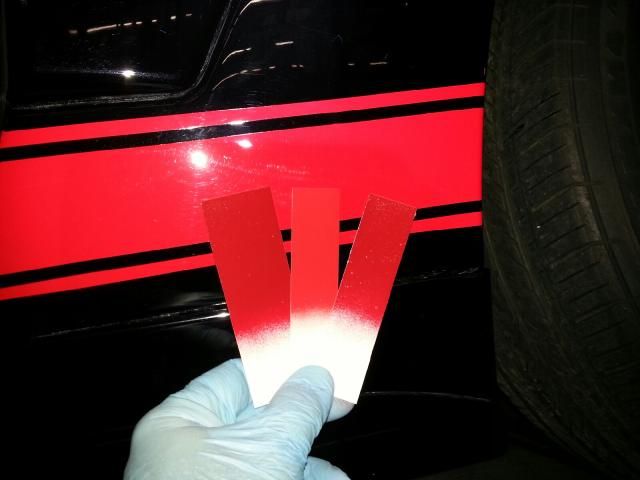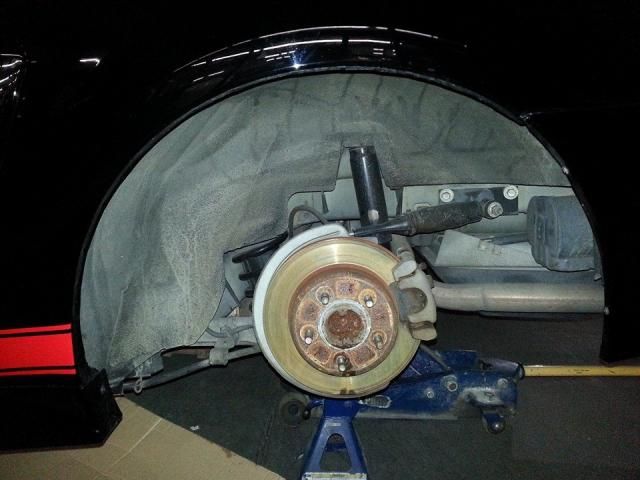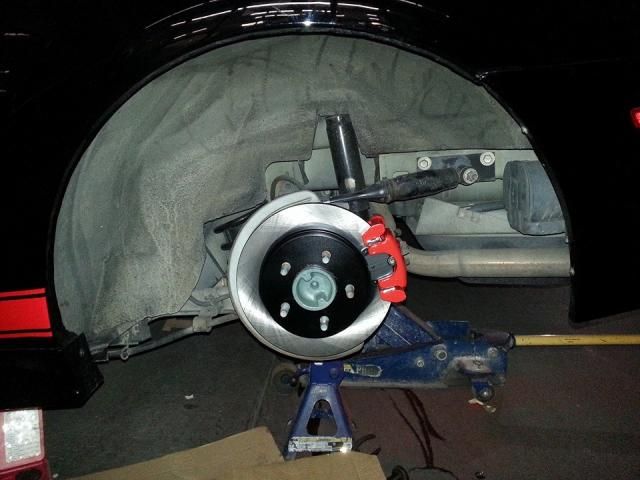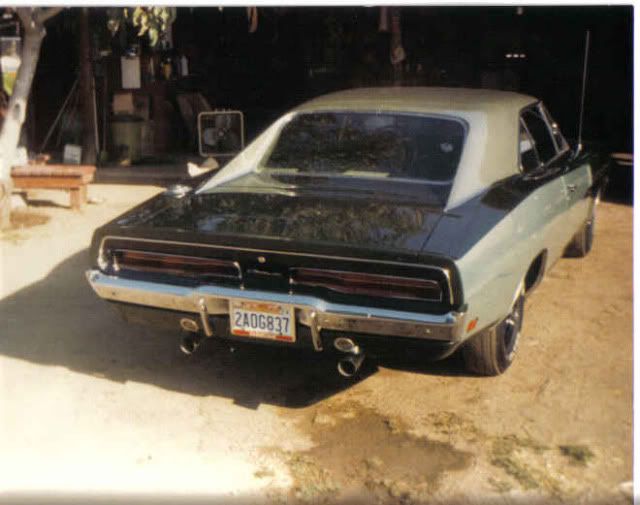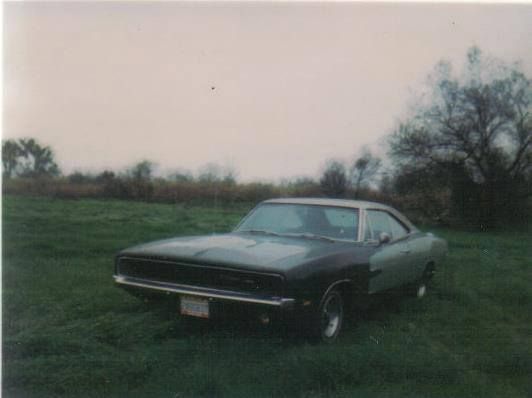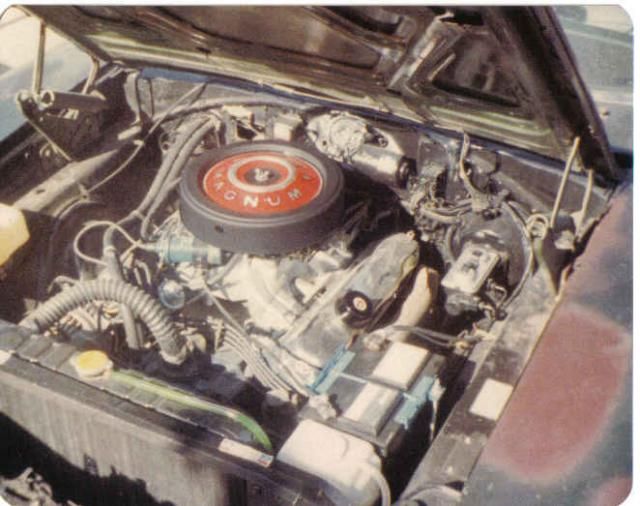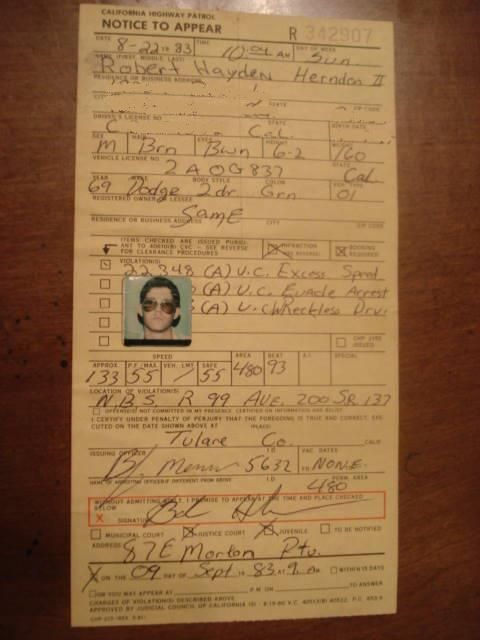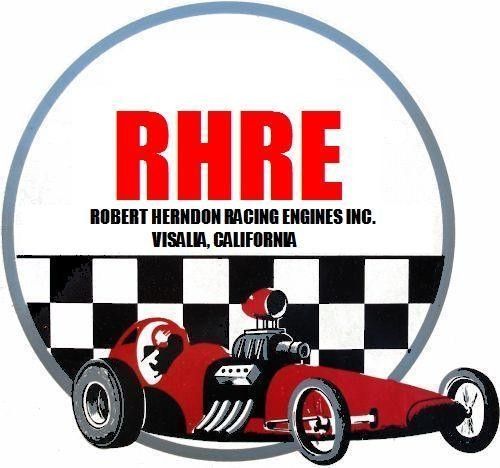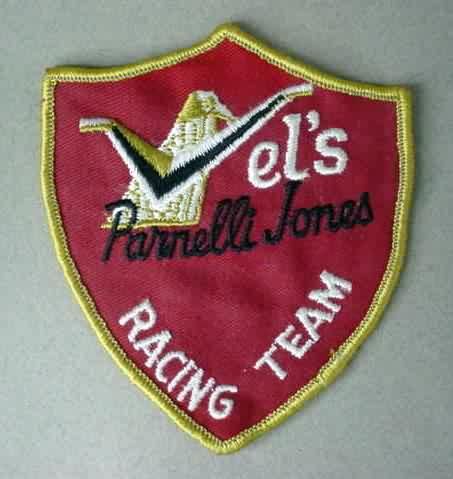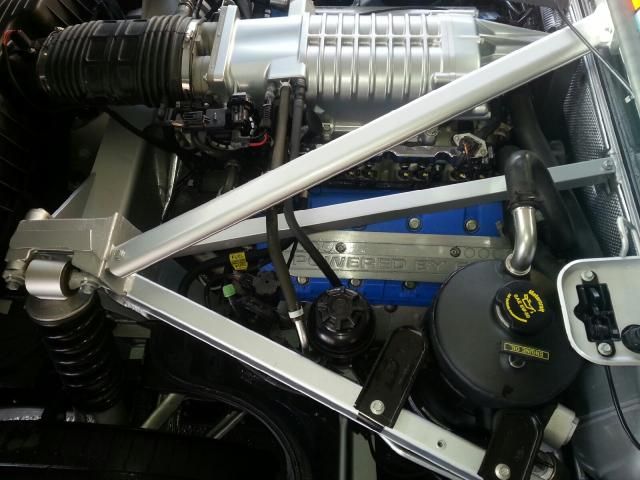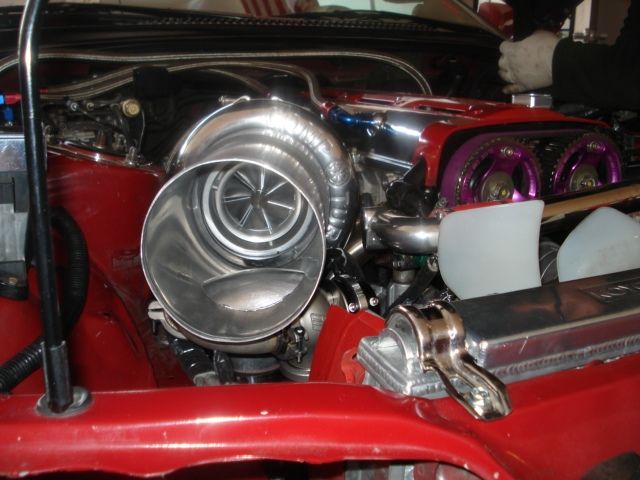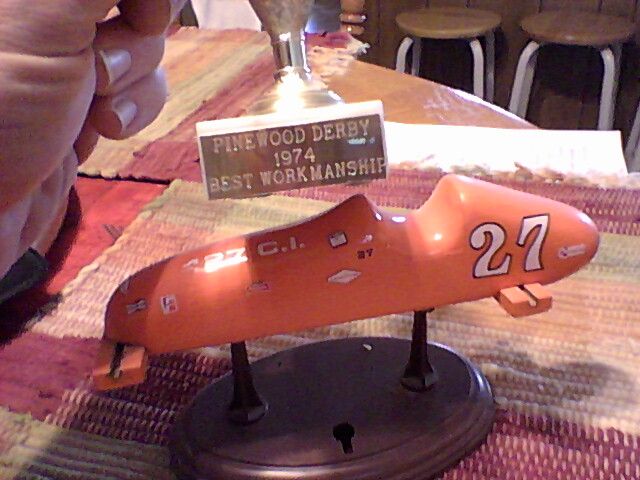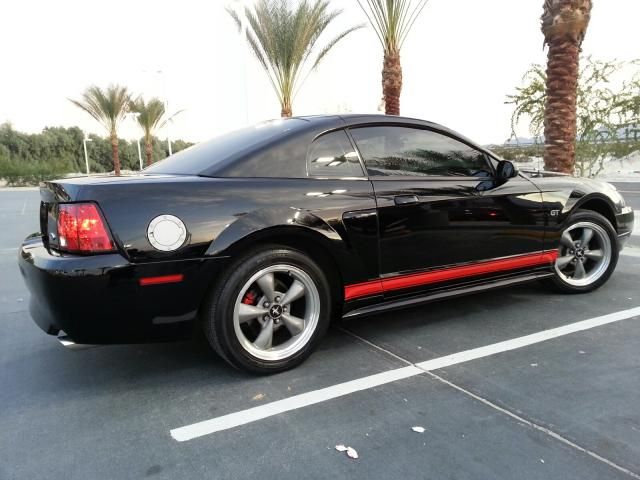Originally Posted By: Doktor_Bert
Originally Posted By: Clevy
No where have I ever said,written nor implied that any engine is built for a specific grade of oil.
Clevy,
I cannot recall who used the phrase "built for a 20w oil" but it has appeared a few times in these threads.
Our approach has always been to run a heavier oil. Having a dyno in-house allowed me to test many theories that others simply dispelled. When we ran heavier oils and saw no change in HP/TQ then we ran them. We generally choose our viscosity by our ambient temps; a low of about 50°F in the winter and as high as 120°F+ in the summer.
We proved this in race cars, tow vehicles, wind machines (yes we built many 391 Ford Industrial and Chrysler Industrial Hemi's) and entire fleets of police and public works vehicles with 4.6 Fords. When we were asked to take over a fleet, it was usually due to problems or failures associated with a given unit. In those applications, we found that a 15/w40 or 15/w50 worked best in our climate and subsequently, the bearing problems etc., stopped.
So in general, I defer to dyno testing when it comes to verifying a particular course of action.
I apologize if it appeared that I put 'words in your mouth.' We simply have a different approach, based largely on Dad's work with NASCAR teams in the 1960's and over 50 years of competition engine building.
Your results may vary...
I won't disagreee that at full throttle on a dyno that max power output would be the same regardless of the viscosity used however I know for a fact that in my experience with the 4.6 engine it was more sluggish with thicker oil.
My charger is the same way. With the prescribed 20 grade it's much more free revving at part throttle but I felt not diffences between the 20 grade and 40 grade at full throttle.
You've got one heck of a fantastic portfolio so I'm not going to argue minutia with you. I'm just stating my experience with that particular engine.
I easily ran in excess of 500+ pounds of nitrous through that 4.6 and even at 280000kms it consumed no oil between changes. My disdain for them is only dye to spitting plugs. Other than that the 4.6/5.4 is easily as durable as the windsors they replaced.
Again at full throttle I believe that on the dyno power output wouldn't be affected but at part throttle I know my car was sluggish. Not that it bothered me though. Because of how I drove it I was/am a thicker is better guy and I feel a person should make a choice based on how the vehicle is driven as well as ambient temps,which is why my charger gets a 40 grade in the summer,because I beat on it.
I'm slowly coming around though as far as thinner oils are concerned. Obviously for engines that aren't pushed to the limit thinner grades are more than adequate,but I'm not sedate when behind the wheel. I'm not an animal either,well unless I've got 3 lanes and no cops,then my charger stretches it's legs.
You've got a fantastic shop. I'd love to hang out just to see what comes in.
I appreciate the apology though it's not required. We are gear heads and not that sensitive.
Post more pics please.
 Wife is now bugging me to do the ones on the Charger, LOL!
Wife is now bugging me to do the ones on the Charger, LOL!